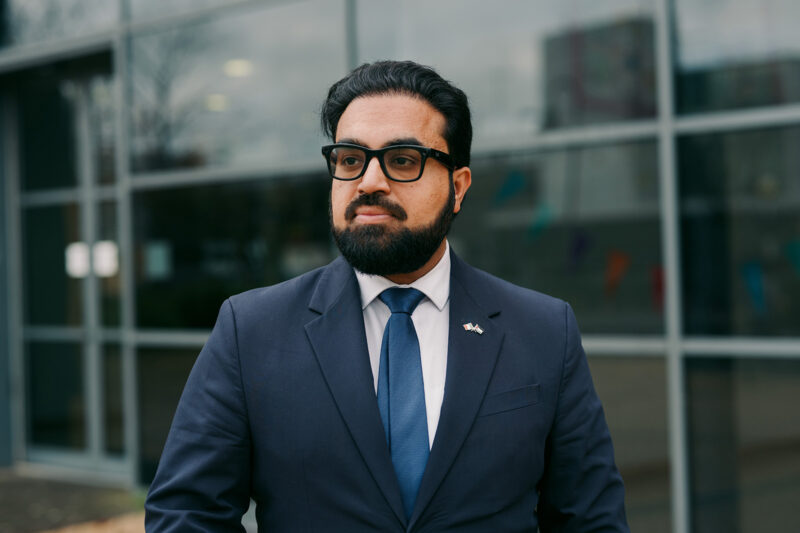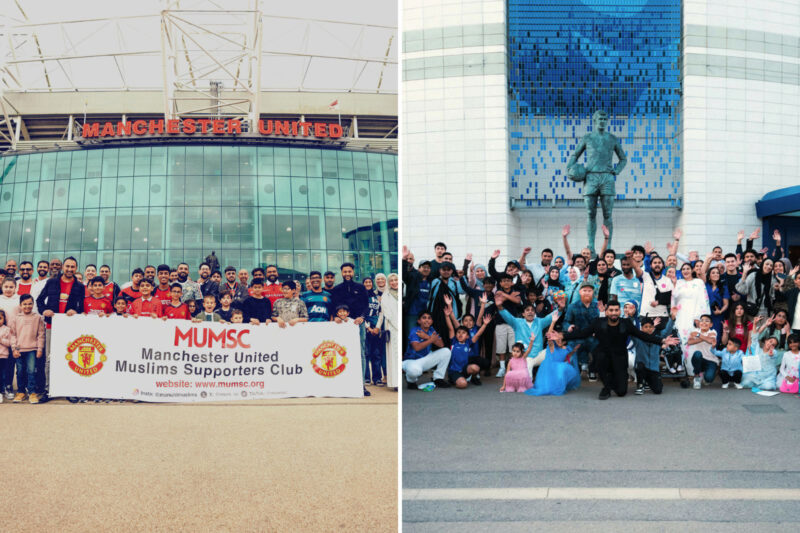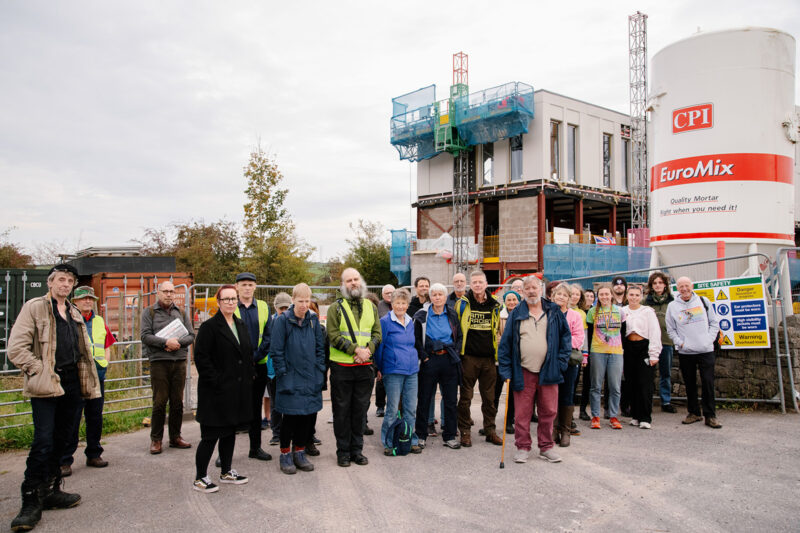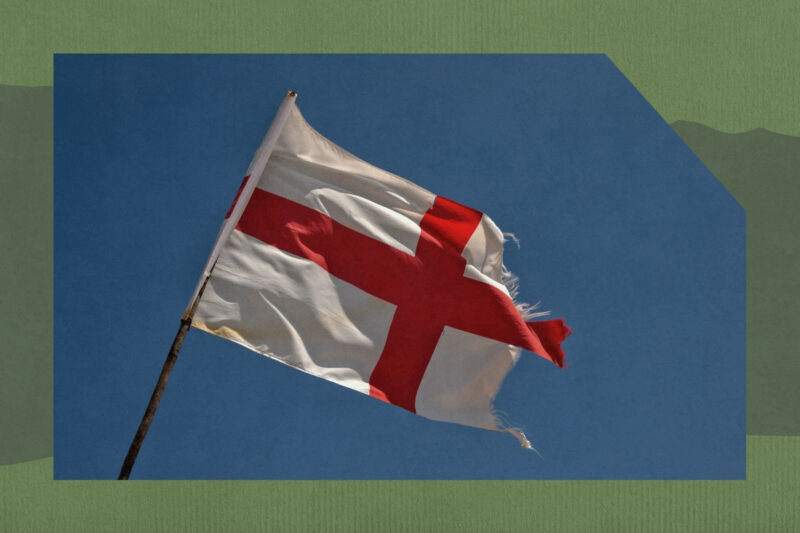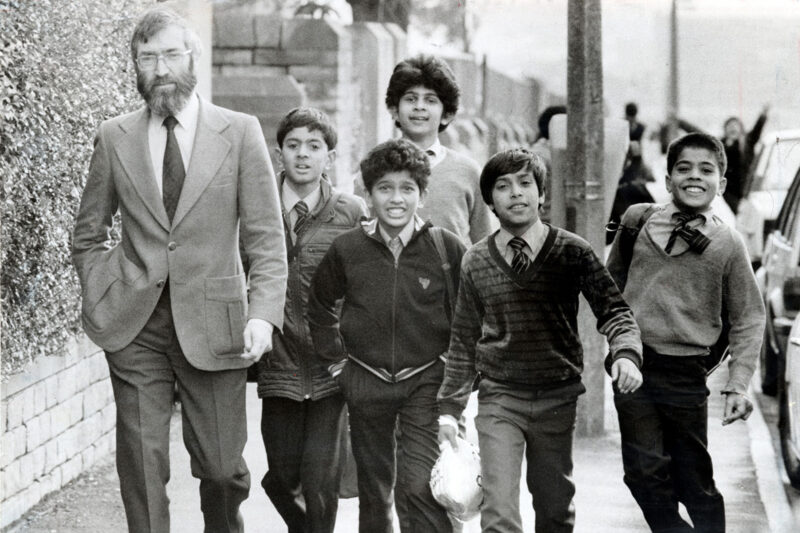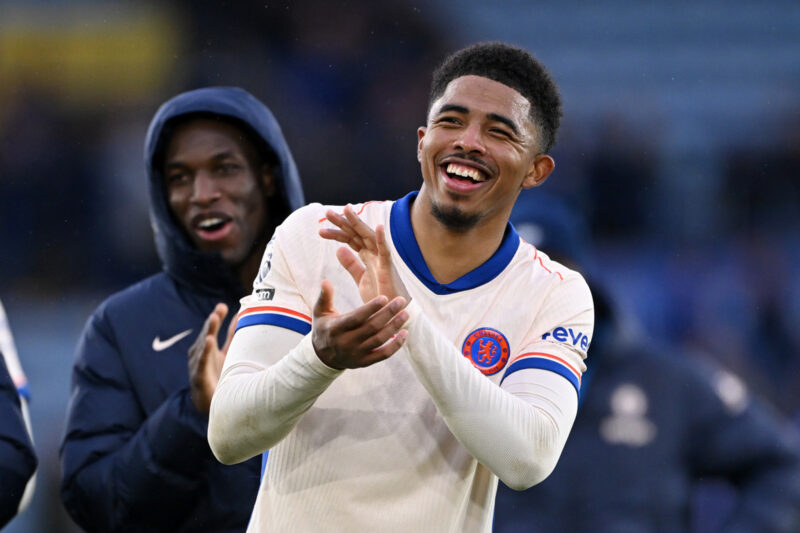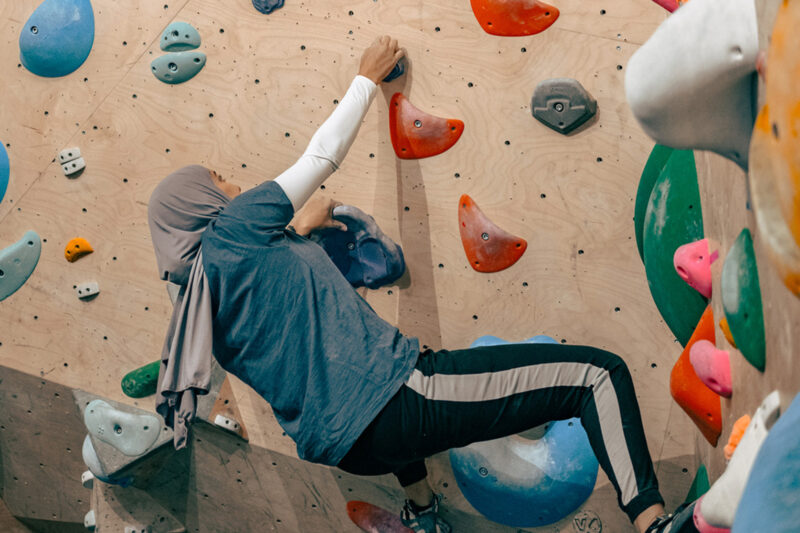Irish sport has a racism problem
Ireland’s growing ranks of talented, diverse athletes are tackling intolerance with education and inclusion
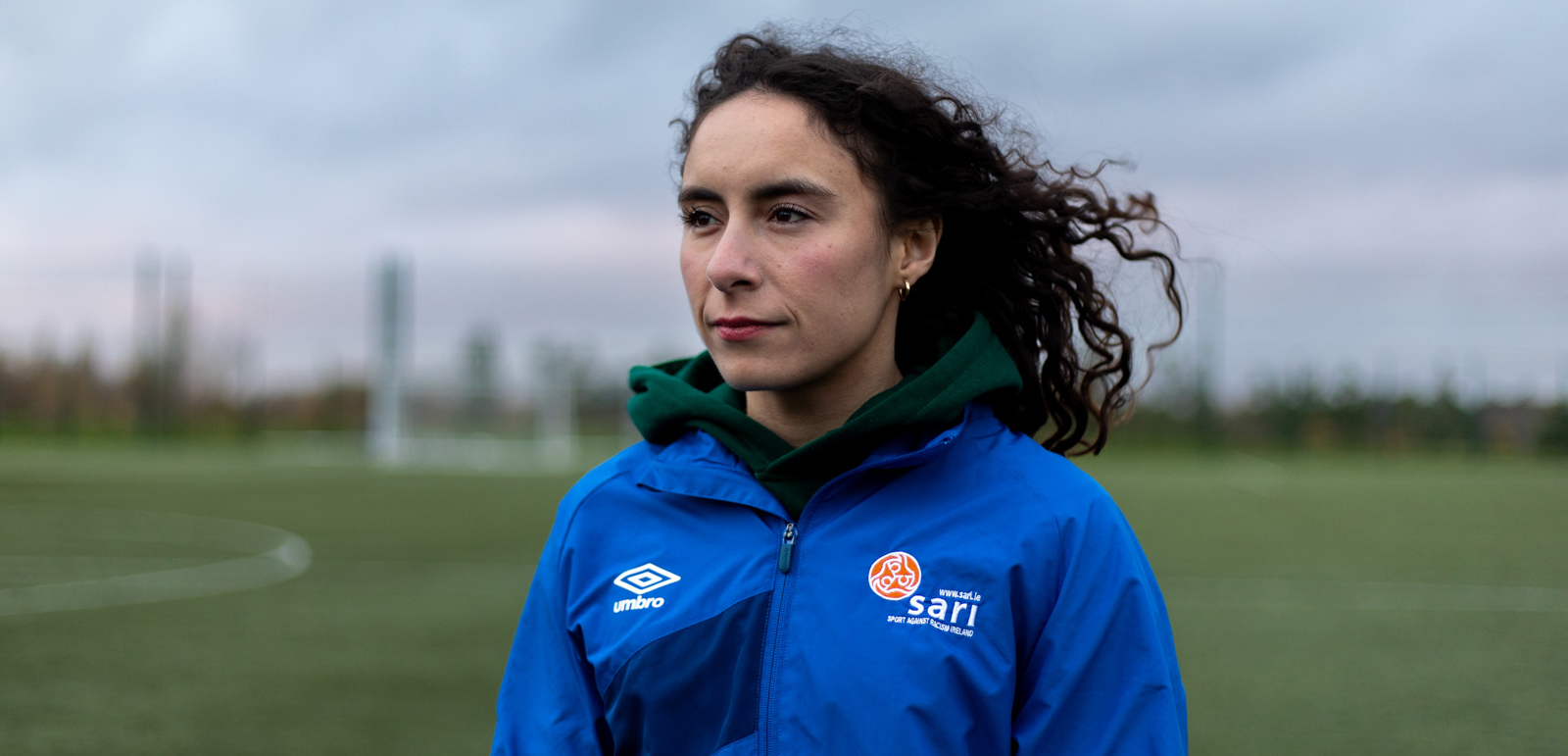
In March 2023, the Republic of Ireland under-15 football team beat Latvia in back-to-back friendlies. There haven’t been many good news stories coming out of Irish international sport recently so the success of a youth team should have delivered a little happiness. Instead, a couple of days after the games, the Football Association of Ireland released a statement.
“The Football Association of Ireland is aware of vile and horrific racist abuse aimed at players from our men’s under-15 international squad on multiple social media outlets,” the statement began, referring to abusive comments left on the social media posts of several players after their victories. “We are working with the Gardai [Irish police], the social media companies, the families of the players and their clubs to ensure that this matter is dealt with in the appropriate manner.”
The incident told Ireland something about itself it has been struggling to admit: racist abuse is a growing problem. Ireland is becoming increasingly multicultural, a demographic reality reflected in its sports stars. Sprinter Rhasidat Adeleke, footballers Gavin Bazunu, Adam Idah, who plays for Norwich City in the English Championship, Chiedozie Ogbene, now part of Luton Town’s team in the Premier League, and Andrew Omobamidele represent a new generation of Irish talent. But while most of the country cheers their achievements, a minority seems poised to attack.
Jim Crawford, manager of the Ireland under-21 team, subsequently commented that the same fans who directed the abuse at the young players would celebrate goals scored by players of ethnic backgrounds for the international team. “[They would be] cheering goals if Chieo scores, if Adam Idah scores. They’re ignorant, they’re uneducated, but they have to hide behind these fake accounts,” he said.
Ireland has been among the last European countries to resist the rise of the political far right gaining ground across the continent. But on 23 November, its capital Dublin erupted in racially motivated riots. Buses, trams and police cars were burnt following a stabbing outside a school and rumours around the perpetrator’s nationality. The violence was, according to the Garda Siochana, caused by a “lunatic, hooligan faction driven by a far-right ideology”.
Amina Moustafa, executive director on the board of Sport Against Racism Ireland (SARI), believes that Ireland faces a growing challenge from racism. SARI, a non-for-profit founded in 1997 in response to a number of racist attacks in Ireland, works with youth organisations, refugee centres, schools and grassroots organisations to promote integration and sport.
“It’s not a default that as we become more diverse we automatically become more inclusive,” she said. “As the Dublin riots have shown, we can’t assume this because there are voices actively working against inclusivity. They show the need for intentional practice in these areas.”
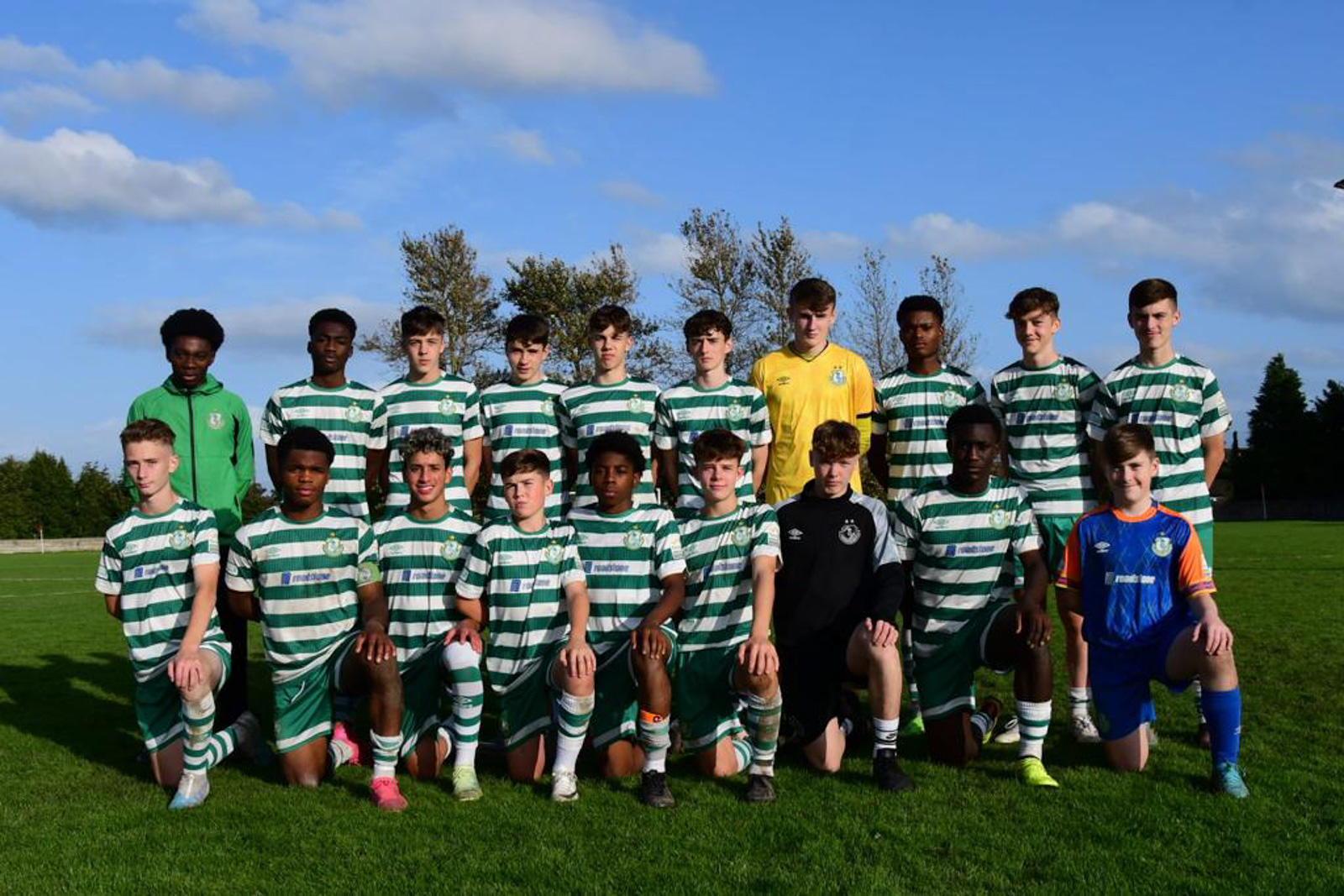
The Shamrock Rovers Academy in west Dublin is an example of intentional practice in action. As SARI co-founder, photographer Perry Ogden, put it in 2020, “[Sport] has a way of bringing people together like few other activities.” The most successful club in Irish football history, it has young footballers training there from the age of nine.
Sitting in a transition-year classroom of students between 15 and 16 are some of the finest football talents in the country. Several were part of that Ireland squad that was racially abused in March. As they discuss their experience of racism in sport in Ireland, that incident comes up.
“We found it funny in a way, we didn’t really care,” said Ade Solanke, a left-sided player. “It’s not nice but it’s kind of the stuff we expect. We know these are old people.”
Solanke’s recollection jogs the memory of others on that team. Mohammad Oladiti moved from Waterford in the south-east to a house in Jobstown, West Dublin. A Muslim, he has moved in with a non-Muslim family to be closer to the Rovers Academy. “They’re very nice, they make me feel welcome. They ask me questions, like what can I eat because I can’t eat certain things because of my religion.”
On the online abuse, he said: “It didn’t bother me too much. There’s nothing really you can do about it.”
Goalkeeper Todd Bazunu, who has an Irish mother and a Nigerian father, explains that his only experience of racism in Ireland has been on the football pitch. “Maybe they hadn’t seen so many different-looking people before. We were beating them and one of our attackers was racially abused. It’s sad that you have to see that stuff when you’re just trying to play football.”
Even before the November riots, racist attacks in Ireland were on the increase. In October, an EU report, Being Black in the EU found that 55% of those surveyed in Ireland had experienced racism over the past five years, up from 48% when the report was last conducted in 2016; 64% of people of African descent said they worried about becoming the victim of a racist attack, higher than the 30% average in the countries surveyed. Since the riots, there have been reports of rising fears in migrant communities, particularly among North Africans.
The crisis in Irish sport made international headlines in September when a video emerged from a gymnastics competition at the National Indoor Arena in Dublin. The footage, released some 18 months after the event, showed a black child standing alongside her fellow competitors, eagerly waiting to receive her medal. But while medals were placed on the participants all around her, she was passed over. The Guardian subsequently reported that the official responsible wrote a long letter of apology which Gymnastics Ireland failed to pass on to the family.
Gymnastics Ireland subsequently issued an apology: “What happened on the day should not have happened and for that we are deeply sorry. We are also sorry that what has happened since that date has caused further upset.”
SARI was contacted by the family at the time of the incident, which Moustafa says underscored the need for clear policy on how Irish institutions respond to incidents of exclusion. “Often I think organisations hope it goes away rather than doing something about it,” she said.
Moustafa says her own experiences of prejudice have informed her work. Her mother, raised in an Irish Christian family, converted to Islam after marrying Moustafa’s Egyptian Muslim father. Her family moved from Dublin to Drogheda, a town an hour north of the city, when she was 10. As a teenager, she began to explore Islam and her Egyptian heritage, and at 17 she started playing with Hijabs and Hat-Tricks – a programme launched by SARI to encourage female Muslim participation in football.
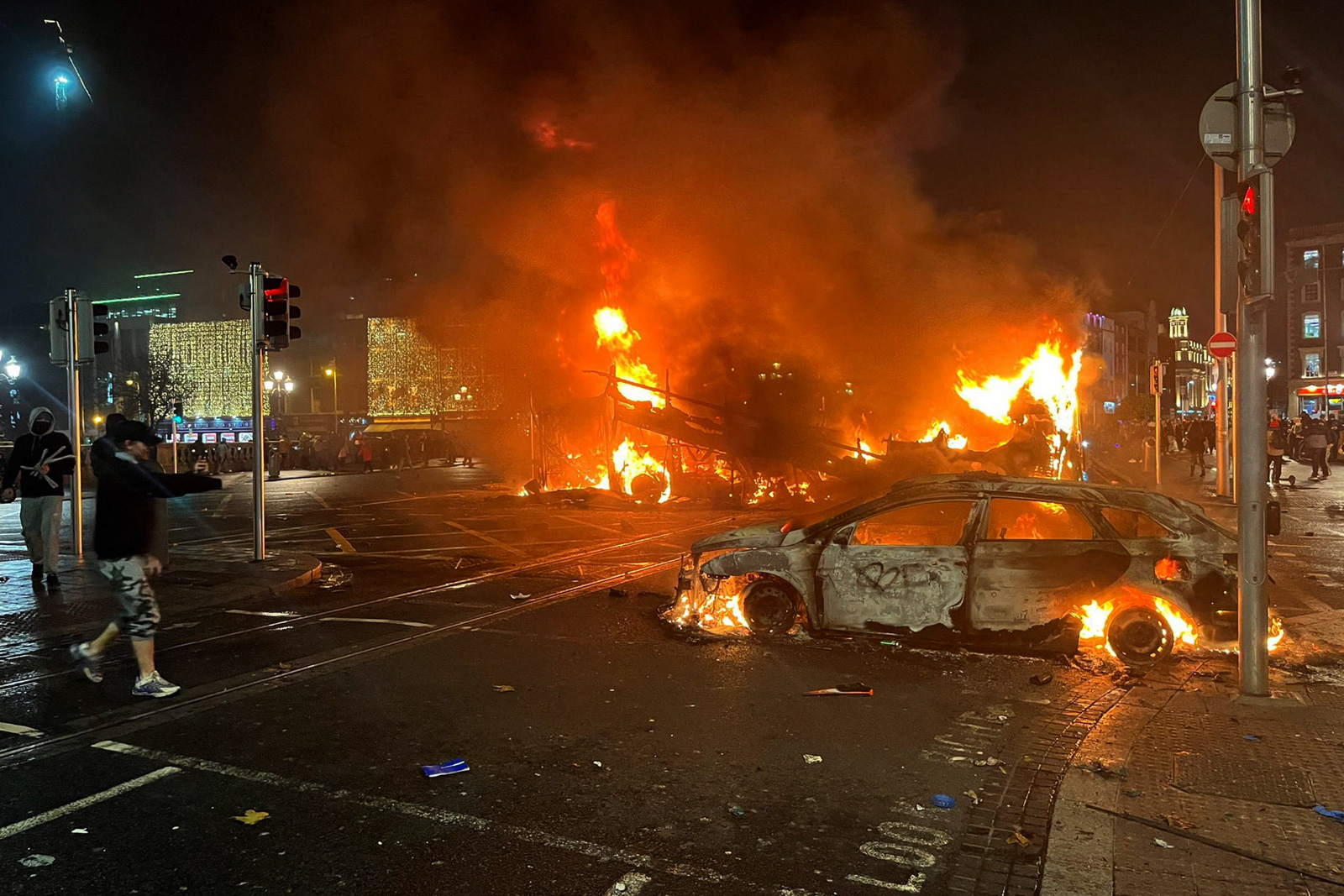
The summer before her final year at school she began to wear a hijab. She also took part in a student documentary about debunking stereotypes, Muslim women and football. Having worn a hijab happily while filming and all holiday she decided to continue wearing it when she returned to school.
“I was naive thinking the reaction was going to be the same,” she said.
Moustafa informed her school principal she would be wearing a hijab at school; the principal did not agree. Moustafa would have to remove her covering inside the school gates, she was told, because a previous pupil who had worn the hijab had been excluded by her classmates. This made no sense to Moustafa, punishing the innocent party, but she looked up the Irish minister of education’s official position and found that rules around the hijab were up to the individual school to decide.
“I saw that as very problematic,” she said.
Moustafa’s coaches at Hijab and Hat-Tricks put her in touch with the Irish Network Against Racism. She was soon giving media interviews about her experience, advocating for clearer policies around inclusion in schools. Now 26, she is SARI’s representative on Sport Ireland’s Diversity and Inclusion Advisory Committee and points out that schools today are encouraged to write an equality, diversity and inclusion policy.
Among Moustafa’s teammates on Hijabs and Hat-Tricks, now rebranded Diverse City FC, is Suad Mooge. Mooge, 23, from Clondalkin in West Dublin, plays right wing.
“What pulled me to [the team] was that it was majority Muslim,” she said. “I’ve been on other teams before and as much as they tried to, they weren’t really the most welcoming. To see people who looked like me, it was eye-opening. It was such a safe space.”
For Mooge, finding a safe place was important. She’s encountered racism and a lack of cultural understanding on and off the field and believes it’s worsened since the pandemic – an instinct supported by the findings of the Being Black in the EU report. “[Racism] is definitely prevalent in Ireland but it’s more under the rug, more silent. People are less in your face.” There are now some places and situations Mooge says she avoids completely, such as Dublin’s tram network, the Luas. “The Luas is a scary place,” she said.
“More and more we’ve just learnt to not necessarily live with it but ignore it, because as much as it’s prevalent there are more people who are better than that and who are anti-racist.”
Moustafa, however, is a firm believer that sport can not only bring out the best in people but will help bring necessary change to Irish society through inclusion. “One way of addressing the issue is through education, the other is through sport. Sport is a universal language. Everyone can participate,” she said.
 Newsletter
Newsletter


